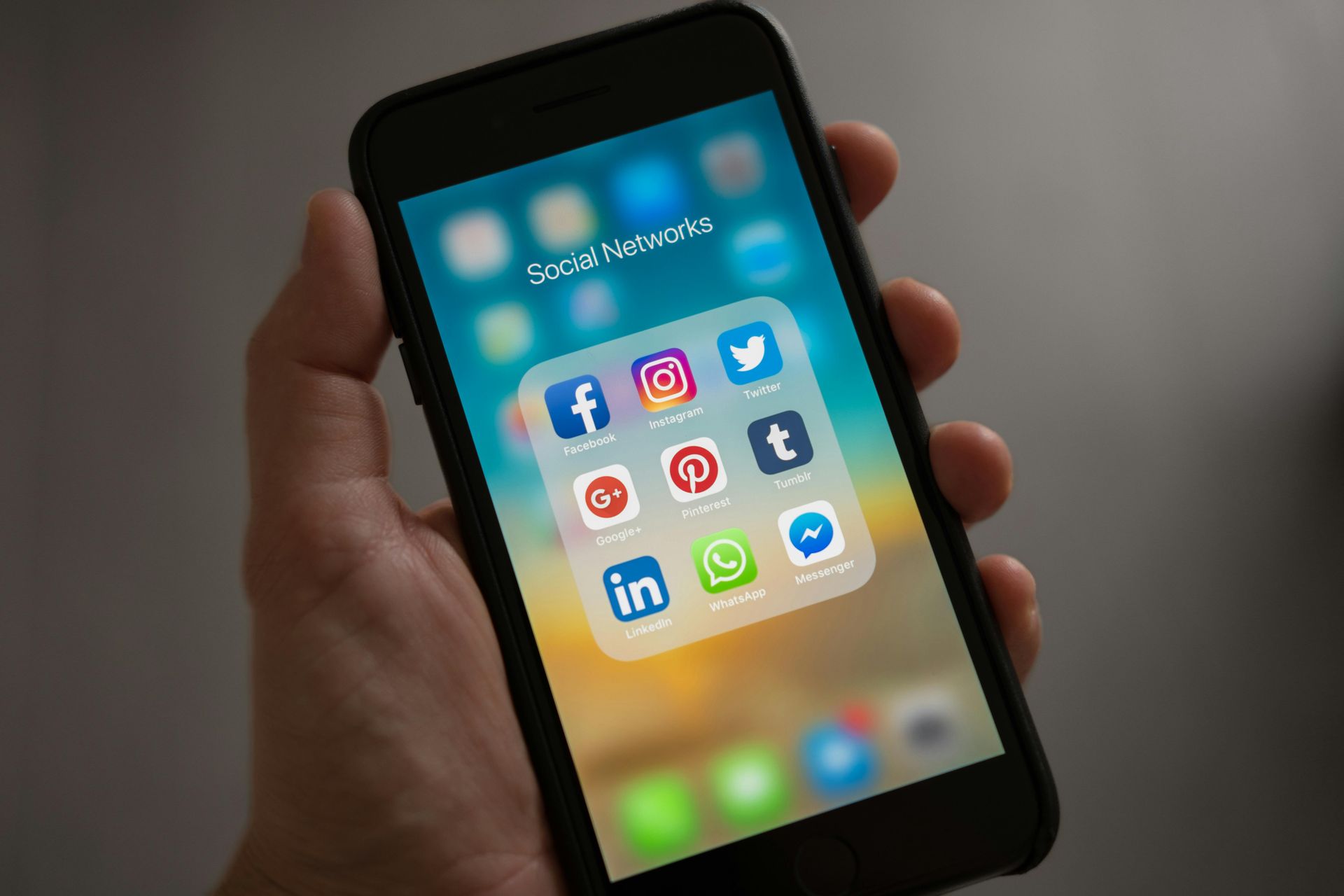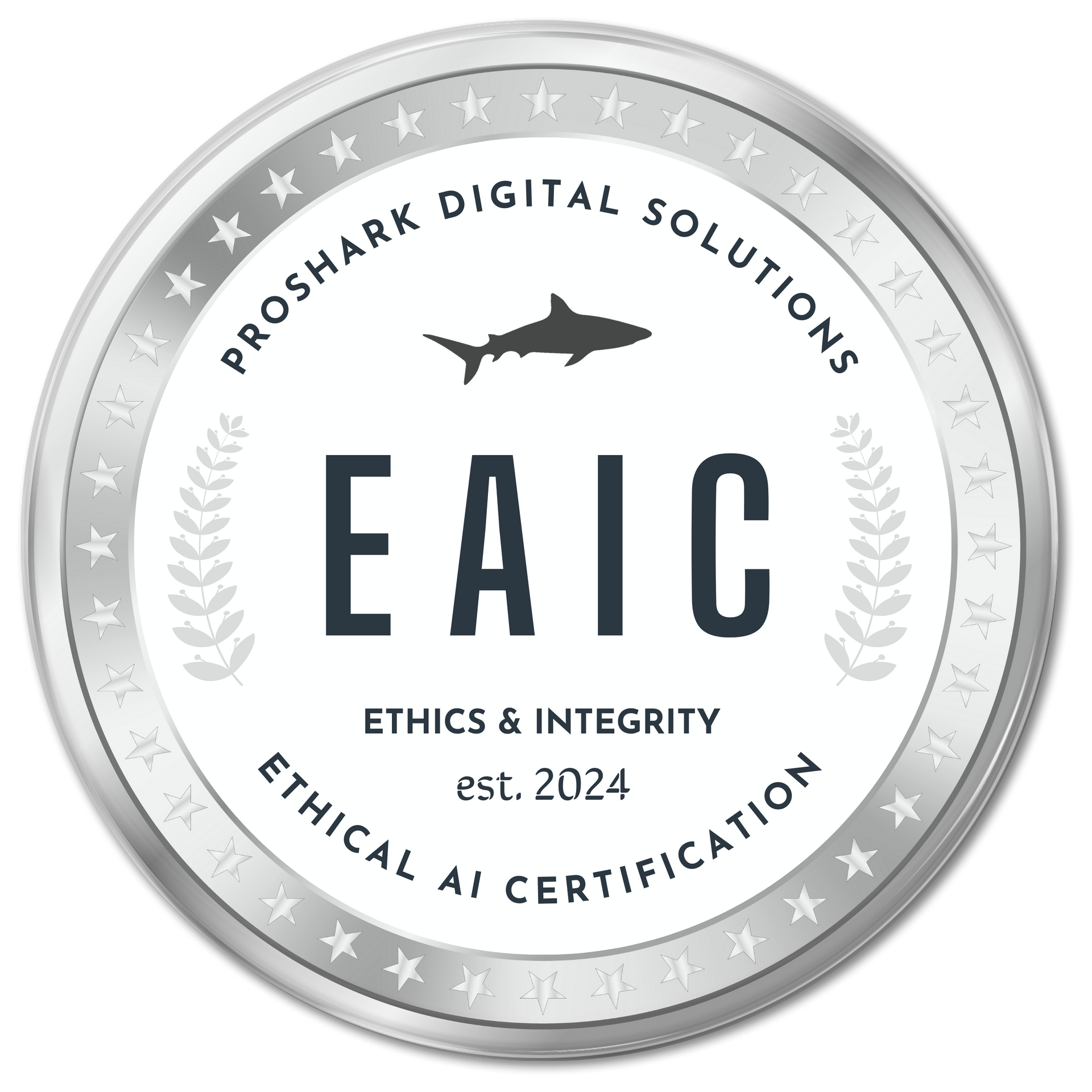Your Idea in Their Hands: The Magic of Mobile App Creation
In today’s fast-paced digital world, a mobile app is more than just a tool—it’s a bridge between businesses and their customers. It’s the embodiment of your ideas, values, and services, delivered straight to the palm of your audience’s hand. But creating a mobile app isn’t just about technology; it’s about crafting an experience that resonates, engages, and delivers value.
Mobile apps have become an integral part of daily life. From ordering food and managing finances to connecting with loved ones, apps streamline our activities and enhance convenience. For businesses, they offer a unique opportunity to create meaningful connections with their audience and stand out in a crowded marketplace. In this blog, we’ll explore the transformative journey of mobile app creation and the magic it brings to life.

Why Mobile Apps Matter More Than Ever
Mobile apps are no longer a luxury; they’re a necessity. With billions of smartphone users worldwide, apps offer businesses a direct and consistent presence in their customers’ lives. Here’s why mobile apps matter:
1. Accessibility and Convenience
Your customers are already on their phones. A mobile app puts your business at their fingertips, available anytime, anywhere.
- Example: A retail app that allows users to browse, shop, and pay in just a few taps removes barriers and simplifies the customer journey.
- Key Benefit: Accessibility enhances customer satisfaction and loyalty.
2. Engagement and Retention
Apps provide a platform for ongoing engagement. Features like push notifications, personalized content, and gamification keep users coming back.
- Example: A fitness app sending daily workout reminders or progress updates motivates users to stay active.
- Key Benefit: Consistent engagement fosters stronger relationships and brand loyalty.
3. Competitive Advantage
In an increasingly digital landscape, a well-designed mobile app sets you apart from competitors who rely solely on traditional channels.
- Example: A food delivery app offering seamless tracking and reward programs stands out in a competitive market.
- Key Benefit: Apps help businesses differentiate and provide unique value.
The Journey of Mobile App Creation
Creating a mobile app is a transformative process that requires strategic planning, creative design, and technical expertise. Here’s what the journey looks like:
1. Idea and Goal Setting
Every successful app begins with a clear purpose. What problem does it solve? Who is the target audience? What goals do you want to achieve?
- Example: A nonprofit organization creates an app to streamline donations and provide real-time updates on their projects.
- Action Step: Define the core purpose of your app and align it with your business objectives.
2. User-Centered Design
Great apps prioritize the user experience. The design should be intuitive, visually appealing, and tailored to the needs of your audience.
- Example: A language-learning app uses gamification to make the experience fun and engaging.
- Action Step: Conduct user research to understand pain points and preferences, and incorporate feedback into the design.
3. Development and Testing
Turning an idea into a functional app requires skilled developers and rigorous testing. This stage involves coding, integrating features, and ensuring compatibility across devices.
- Example: An e-commerce app ensures smooth functionality for browsing, payments, and order tracking.
- Action Step: Partner with experienced developers who understand both the technical and user experience aspects.
4. Launch and Promotion
Releasing your app is just the beginning. A successful launch requires a well-planned marketing strategy to drive downloads and engagement.
- Example: A restaurant app offers exclusive discounts to the first 1,000 downloads, incentivizing early adoption.
- Action Step: Use social media, email marketing, and partnerships to promote your app.
5. Continuous Improvement
The best apps evolve over time. Regular updates, new features, and ongoing maintenance ensure your app stays relevant and valuable.
- Example: A travel app adds new destinations and reviews based on user feedback.
- Action Step: Monitor user behavior and reviews to identify areas for improvement.
Features That Make Mobile Apps Magical
What separates an ordinary app from an extraordinary one? Here are some features that elevate the user experience:
1. Personalization
Tailored experiences make users feel valued. Personalization can include recommendations, preferences, and customized content.
- Example: A music streaming app curates playlists based on listening history.
2. Seamless Navigation
An intuitive interface ensures users can find what they need quickly and easily.
- Example: A banking app organizes features like transfers, bill payments, and account balances into clear categories.
3. Offline Functionality
Allowing users to access certain features without an internet connection enhances convenience.
- Example: A reading app lets users download books for offline access.
4. Push Notifications
Timely, relevant notifications keep users engaged without overwhelming them.
- Example: A travel app sends alerts for flight delays or gate changes.
5. Secure Payments
Apps that handle transactions must prioritize security and trust.
- Example: An e-commerce app uses encryption and multi-factor authentication to protect customer data.
Case Study: A Mobile App Success Story
The Challenge:
A local fitness studio wanted to expand its reach and improve member retention. Traditional marketing methods weren’t delivering the desired results, and customer engagement was inconsistent.
The Solution:
The studio developed a mobile app with features like class schedules, booking capabilities, progress tracking, and personalized workout plans. Push notifications reminded users of upcoming classes and special promotions.
The Results:
- Increased Retention: Member retention rates rose by 25% within six months.
- Higher Engagement: App users attended 40% more classes than non-users.
- Enhanced Revenue: The studio saw a 30% increase in membership sign-ups driven by app promotions.
Overcoming Common App Creation Challenges
While mobile app creation offers immense opportunities, it’s not without challenges. Here’s how to overcome them:
1. Budget Constraints
Building an app can be expensive, especially for small businesses.
- Solution: Start with an MVP (Minimum Viable Product) to test the waters and scale over time.
2. User Adoption
Getting people to download and use your app requires strategic marketing.
- Solution: Offer incentives like exclusive deals, rewards, or premium features for early adopters.
3. Maintenance and Updates
Keeping your app functional and relevant requires ongoing effort.
- Solution: Plan for regular updates and allocate resources for long-term maintenance.
The Future of Mobile Apps
As technology evolves, so does the potential of mobile apps. Emerging trends like AI, AR/VR, and IoT are reshaping what apps can do. Imagine apps that:
- Use AI to provide real-time customer support.
- Leverage AR to create immersive shopping experiences.
- Integrate with IoT devices for seamless smart home management.
The possibilities are endless, and businesses that stay ahead of these trends will have a significant competitive advantage.
Final Thoughts: The Magic of Mobile Apps
Mobile apps are more than just a digital product; they’re a gateway to creating meaningful connections with your audience. From streamlining operations to enhancing customer experiences, the potential of mobile apps is limitless.
Your idea has the power to transform lives, solve problems, and create value. By prioritizing user experience, leveraging innovative features, and continuously evolving, you can turn your app into a vital part of your audience’s daily life.
So, what are you waiting for? It’s time to put your idea in their hands and experience the magic of mobile app creation.







